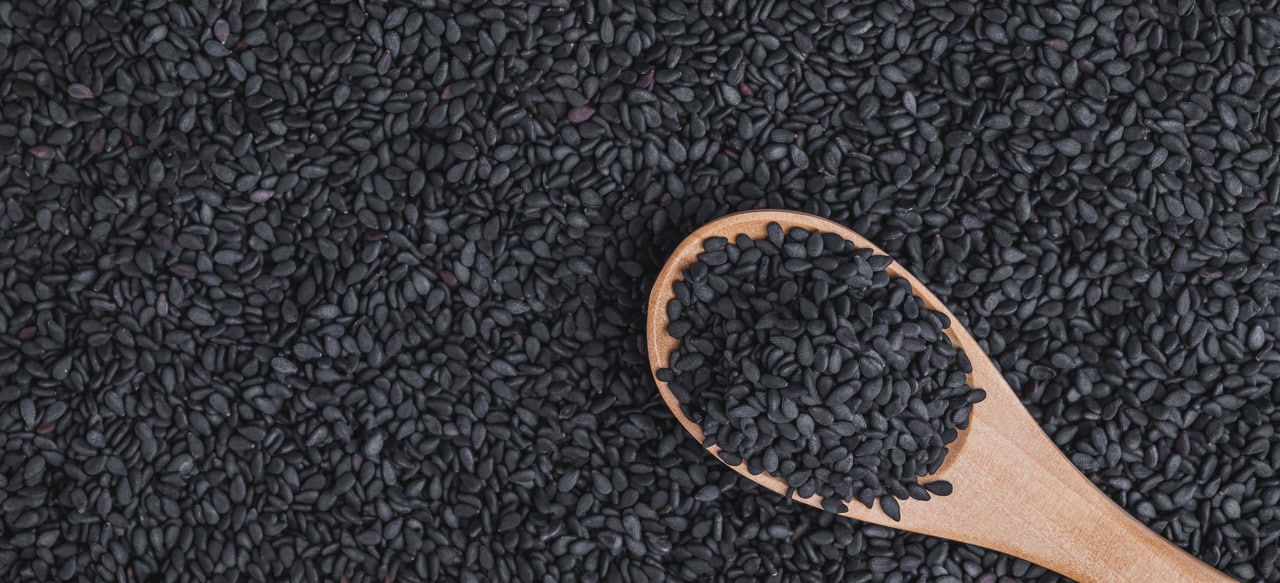Lower back pain is a common ailment that affects a significant portion of the adult population at some point in their lives. The discomfort can range from mild to debilitating, impacting daily activities and overall quality of life. While there are various treatments available for lower back pain, yoga has emerged as a popular and effective remedy due to its holistic approach to health and wellness.
The Science Behind Yoga and Back Pain
Yoga, an ancient practice originating from India, encompasses physical postures, breathing techniques, and meditation to promote physical and mental well-being. For individuals suffering from lower back pain, yoga offers a gentle yet effective way to alleviate discomfort. The practice of yoga postures (asanas) helps stretch and strengthen the muscles of the back, abdomen, and legs, which are crucial for supporting the spine. Moreover, yoga’s emphasis on mindfulness and relaxation can also help reduce the stress and tension that often accompany chronic pain.
Furthermore, the integration of breathing exercises, which are a fundamental aspect of yoga, plays a critical role in enhancing the therapeutic effects of the physical postures. Proper breathing can significantly augment the relaxation and stress-relief benefits of yoga, making it a powerful tool in the management of lower back pain. For those interested in exploring this aspect further, our article on Unlocking Inner Peace: Yoga Breathing Techniques That Bring Calm provides an in-depth look at how targeted breathing techniques can enhance your yoga practice and contribute to overall well-being. Incorporating these yoga breathing techniques can be particularly beneficial for those seeking yoga poses for lower back pain relief, offering a holistic approach to managing discomfort and enhancing quality of life.
Essential Yoga Poses for Lower Back Pain Relief
- Downward-Facing Dog (Adho Mukha Svanasana) This iconic yoga pose provides a full-body stretch, with particular emphasis on the back extensors. These muscles support the spine and are key to maintaining proper posture. By stretching these muscles, Downward-Facing Dog can help relieve tension and pain in the lower back.
- Child’s Pose (Balasana) Child’s Pose is a restorative posture that gently elongates the spine and relieves tension in the back. It’s an excellent pose for soothing sore muscles and calming the mind, making it particularly beneficial before bedtime or after a long day.
- Pigeon Pose (Eka Pada Rajakapotasana) Tight hips can contribute to lower back pain by straining the back muscles. Pigeon Pose helps open the hips and stretch the hip rotators and flexors, promoting relief from back discomfort.
- Triangle Pose (Trikonasana) This pose strengthens the back and legs while stretching the muscles along the sides of the torso. Triangle Pose can also help improve balance and stability, which are important for preventing falls and injuries that could exacerbate back pain.
- Cat-Cow Stretch (Marjaryasana-Bitilasana) The gentle flowing movement between Cat and Cow poses warms up the spine and relieves stiffness in the back muscles. This sequence is especially useful as a warm-up at the beginning of a yoga practice or as a stand-alone exercise to ease back tension.
- Upward Forward Bend (Uttanasana) By stretching the hamstrings and back muscles, the Upward Forward Bend can provide relief from tightness and tension in the lower back. It’s also useful for releasing stress and calming the mind.
- Upward-Facing Dog (Urdhva Mukha Svanasana) This energizing backbend stretches the front of the body while strengthening the back muscles, which can help improve posture and reduce lower back pain.
Practicing Yoga Safely
When embarking on a yoga practice for lower back pain relief, it’s important to listen to your body and avoid pushing into pain. Beginners should start slowly, perhaps under the guidance of a qualified yoga instructor who can provide modifications for poses as needed. Remember, the goal is not to achieve the perfect pose but to find relief and comfort in each posture.
Incorporating Yoga into Your Routine
For best results, integrate these yoga poses into a regular practice, aiming for consistency rather than intensity. Even a short, daily session can lead to significant improvements in back pain and overall well-being.
Conclusion
Yoga offers a promising solution for those seeking relief from lower back pain. By combining physical postures with breathing techniques and mindfulness, yoga addresses the issue from multiple angles, providing both immediate relief and long-term benefits. Whether you’re new to yoga or an experienced practitioner, incorporating these poses into your routine can help you achieve a stronger, more flexible back and a calmer, more focused mind.
For further information on managing lower back pain through yoga and other therapies, consider exploring additional resources such as the comprehensive guide by Mayo Clinic on home remedies and treatments for back pain, available at Home Remedies: Treatments and therapies for back pain – Mayo Clinic News Network (Mayo Clinic News Network).
Incorporating these yoga poses into your daily routine can lead to significant improvements in lower back pain and overall physical health. Remember, consistency is key, and it’s essential to listen to your body and adjust your practice as needed. With time and regular practice, yoga can become a valuable tool in your journey toward a pain-free back and a more balanced life.
Publisher: Source link




